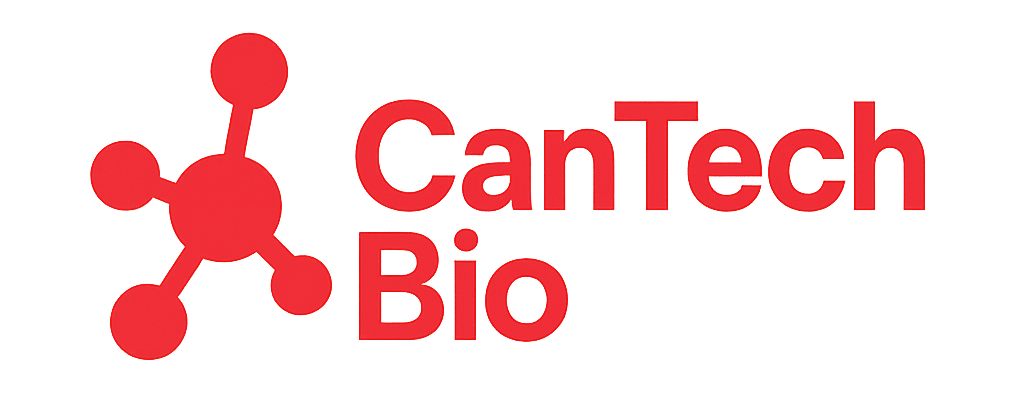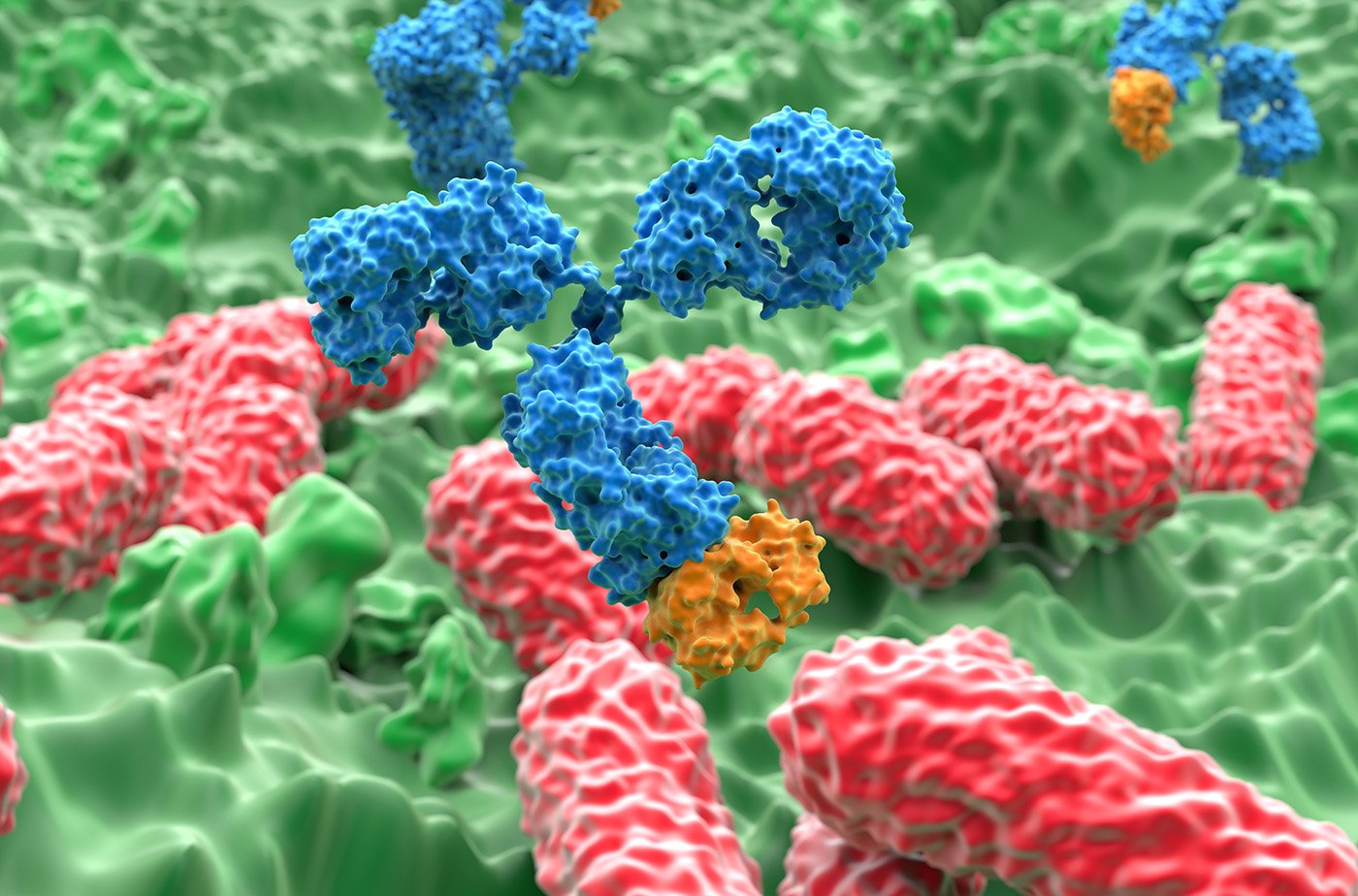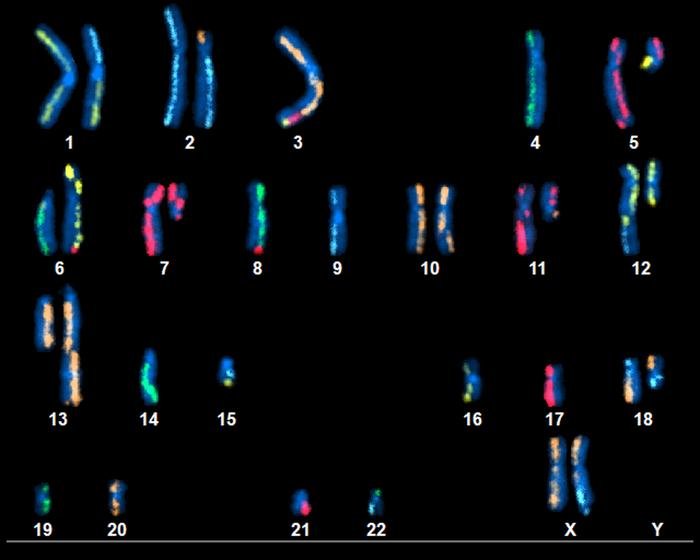Sponsored content brought to you by
In recent years, fed-batch biomanufacturing has begun giving way to continuous manufacturing processes, as developers face pressure to balance affordability with high manufacturing quality. Although large-scale fed-batch remains the industry standard, it carries significant trade-offs including large facility footprints and extended downtimes. These limitations make moving toward continuous bioprocessing an economic and operational imperative.
At Enzene Biosciences, a subsidiary of Alkem Laboratories, developers have embraced the transition by adopting a fully connected continuous manufacturing (FCCM ) model powered by XCell® Alternating Tangential Flow (ATF) System from Repligen. This approach to producing monoclonal antibodies (mAbs) and biosimilars has resulted in a modular, process intensified platform that reduces cost of goods (COGs) while enabling faster, more flexible scaling.
) model powered by XCell® Alternating Tangential Flow (ATF) System from Repligen. This approach to producing monoclonal antibodies (mAbs) and biosimilars has resulted in a modular, process intensified platform that reduces cost of goods (COGs) while enabling faster, more flexible scaling.
From fed-batch to fully connected, continuous manufacturing
Traditional fed-batch bioreactors demand significant supporting infrastructure and impose rigidity on operations that increasingly require significant flexibility. In contrast, Enzene’s FCCM process uses smaller bioreactors (500–1,000 L) paired with XCell ATF devices that maintain higher density cell cultures with continuous product harvest, eliminating the need for oversized tanks and batch-dependent bottlenecks. By Enzene’s calculations, FCCM enables a 10-fold increase in volumetric productivity compared to fed-batch, while reducing the required footprint by as much as 70%.
Bridging economics and performance
Perfusion-based process intensification of cell cultures have been viewed as resource-intensive due to their higher media consumption and longer run durations. But when they are evaluated through the lens of “cost per gram of product,” a different picture emerges.
Data from Enzene’s internal case studies indicate that process intensified cell culture using XCell ATF systems produced up to 72 grams of mAb product over 25 days, compared to 8–9 grams over 14 days in a fed-batch system using the same clone. This increase in yield leads to COGs reductions of up to 80% for certain molecules. Specifically, COGs dropped from $180/gram in a 2,000 L fed-batch process to just $70/gram using a 1,000 L FCCM process. With further optimizations such as improved clone selection and continuous capture steps, Enzene believes it can reach the $40/gram milestone, a threshold with important implications for biosimilar pricing.
The appeal of modular, demand-responsive scale
An underrated advantage of upstream process intensification using perfusion-based systems is its scalability. Enzene has implemented a three-part scaling model that covers scaling up, scaling on, and scaling out. Scaling up involves expanding the size of the bioreactor and the XCell ATF system to increase throughput. Scaling on allows manufacturers to extend the duration of a continuous run to produce more product from the same reactor, providing flexibility based on market demand. Scaling out involves deploying additional FCCM modules in parallel across compact suites.
Notably, the two latter strategies are unique to continuous bioprocessing. In one example, Enzene produced 27 grams of a bispecific antibody from a 20 L bioreactor in just 15 days, enough to meet clinical dose requirements without changing reactor size. Simply extending the run would have allowed them to double the output, if needed, requiring no additional infrastructure. This would not be possible with fed-batch processes that rely on fixed, start-and-stop production cycles.
Seamless upstream-downstream integration
Another compelling advantage of the FCCM platform is its integration of upstream and downstream operations. Enzene’s process connects high-density, perfusion-based upstream production directly to downstream unit operations such as continuous protein capture and viral inactivation. This design eliminates the need for intermediate hold tanks, reducing operational complexity, and the risk of exposing sensitive products to proteolytic degradation.
To maintain the momentum downstream, Enzene incorporates Repligen’s KR2i TFF System for ultrafiltration and diafiltration, enabling buffer exchange and concentration that keeps up with upstream output. The result is a fully closed and contamination-resistant manufacturing environment that is critical for working with complex, instability-prone molecules like bispecifics.
Continuous manufacturing as a competitive differentiator
With robust upstream platforms that use perfusion-based XCell ATF systems and a modular approach to facility design, companies like Enzene are demonstrating that continuous processing can reliably support commercial-scale output. For developers working on high-volume mAbs or technically challenging biosimilars, continuous bioprocessing is a different way to think about manufacturing strategy, one that prioritizes productvity, scalability, and adaptability.
Learn more about the XCell ATF.
The post Scaling New Heights in Continuous Biologics Manufacturing with the XCell ATF System appeared first on GEN – Genetic Engineering and Biotechnology News.




